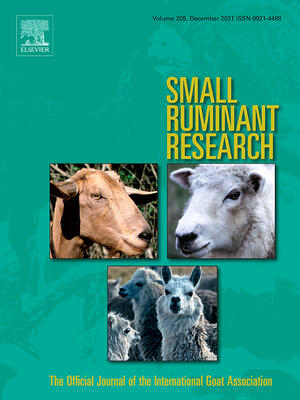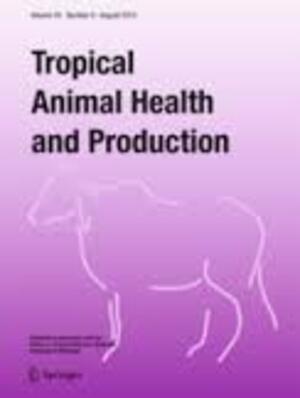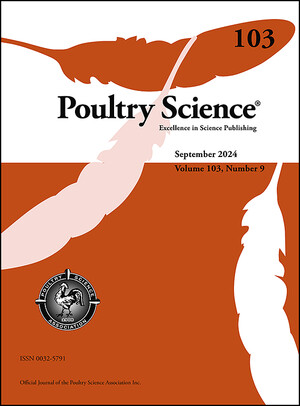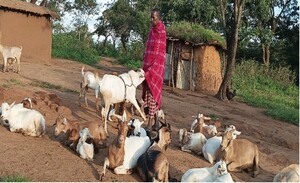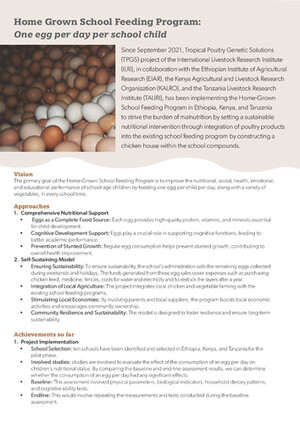
Breeding programs for smallholder sheep farming systems: I. Evaluation of alternative designs of breeding schemes
Abstract
Village- and central nucleus-based schemes were simulated and evaluated for their relative bio-economic efficiencies, using Ethiopia's Menz sheep as example. The schemes were: village-based 2-tier (Scheme-1) and 1-tier (Scheme-2) cooperative village breeding schemes, dispersed village-based nuclei scheme (Scheme-3), conventional 2-tier central nucleus-based scheme (Scheme-4), and schemes linking a central nucleus and village multiplier nuclei with selection in central nucleus (Scheme-5) or in both central and village nuclei (Scheme-6). Among village-based schemes, Scheme-1 gave the highest genetic progress, while Scheme-2 was economically the most efficient with genetic gain in the breeding objective of Birr 5.6 and a profit of Birr 37.2/ewe/year. The central nucleus schemes were more efficient than the village schemes. Scheme-4 was the most efficient with genetic gain in the breeding objective of Birr 13.5 and a profit of Birr 71.2, but is operationally more difficult as it requires a very large central nucleus. The choice between village and central nucleus-based schemes would depend on local conditions (availability of infrastructure, logistics and technical knowhow and support). Linking central nucleus with village-based nuclei (Scheme-6) would be a feasible option to overcome the operational difficulties of the conventional central nucleus scheme. If a village-based breeding program is envisaged as should be the 1st step in most low-input systems, then Scheme-2 is the most efficient. To scale out to an entire Menz breed level, Scheme-3 would be recommended.
Citation
Gizaw, S., Rischkowsky, B., Valle-Zárate, A., Haile, A., Arendonk, J.A.M. van, Okeyo, A.M. and Dessie, T. 2014. Breeding programs for smallholder sheep farming systems: I. Evaluation of alternative designs of breeding schemes. Journal of Animal Breeding and Genetics 131(5):341–349.





